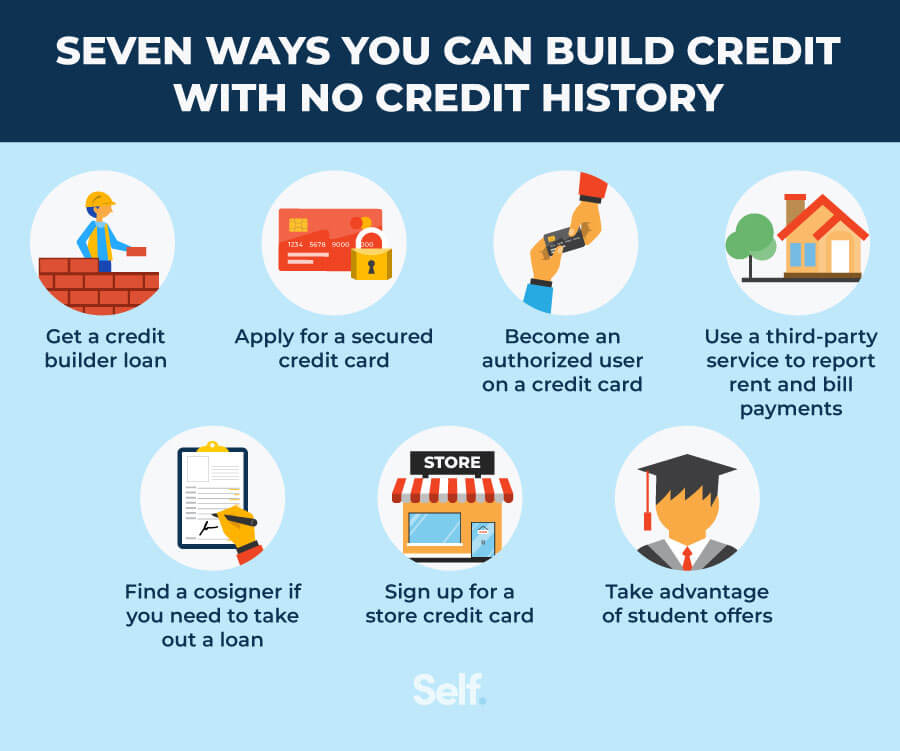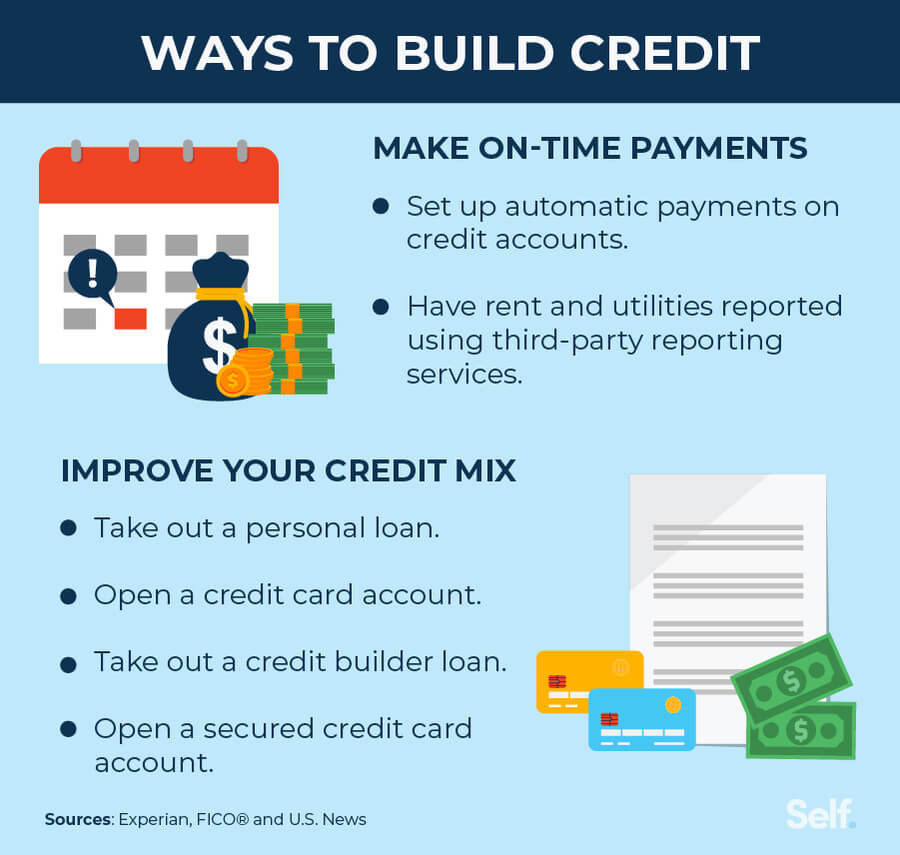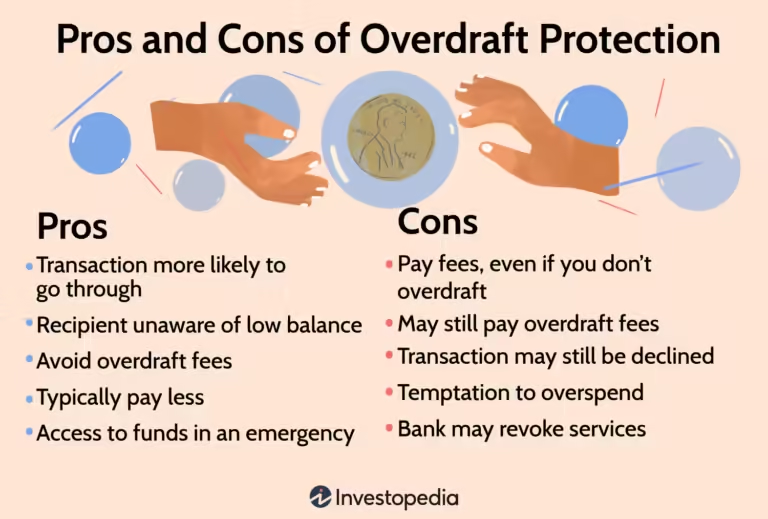Build Credit History: Essential Tips for a Strong Financial Future
Building a strong credit history is essential for financial stability. It opens doors to better loan rates and credit card offers.
Whether you’re starting fresh or aiming to improve an existing score, understanding the steps to build credit is crucial. A good credit history impacts many aspects of your financial life, from getting approved for a loan to securing lower interest rates. It can even affect your job prospects and housing applications. This guide will walk you through practical and effective ways to establish and enhance your credit history. By following these steps, you can set a solid foundation for your financial future. Looking to streamline your business operations while building your credit? Check out Firstbase.

Introduction To Building Credit History
Building a solid credit history is crucial for your financial future. A good credit history allows you to access loans, credit cards, and better interest rates. Let’s dive into the basics of credit history and why it matters.
What Is Credit History?
Credit history is a record of your borrowing and repayment activities. It includes information about your loans, credit cards, and any other debt you’ve incurred. Credit bureaus collect this information and create a credit report.
Your credit history shows how reliably you’ve managed your financial obligations. It includes details such as:
- Loan amounts
- Payment history
- Credit card usage
- Outstanding debts
Why Is Building Credit History Important?
Building a good credit history is important for several reasons:
- Access to Credit: Lenders use your credit history to decide if they’ll give you a loan or a credit card.
- Interest Rates: A good credit history can help you get lower interest rates.
- Employment Opportunities: Some employers check credit history for certain job positions.
- Rental Applications: Landlords often check credit history before renting out properties.
Maintaining a good credit history helps you in both personal and professional aspects of life.
Overview Of The Article
This article will guide you through the steps to build and maintain a strong credit history. We will cover:
- Understanding the basics of credit reports and scores
- Steps to start building credit
- Tips to maintain a good credit history
- Common mistakes to avoid
By the end of this article, you’ll have a clear roadmap to build a robust credit history.
Understanding Credit Scores
Credit scores play a crucial role in your financial life. They determine your ability to secure loans, credit cards, and even impact your employment prospects. Understanding credit scores is essential for building a strong credit history and achieving financial success.
How Credit Scores Are Calculated
Credit scores are calculated based on several factors. Here are the key components:
- Payment History: This is the most important factor. It accounts for 35% of your score. Consistently paying bills on time boosts your score.
- Amounts Owed: This includes your credit utilization ratio, which is the amount of credit used compared to your credit limit. This accounts for 30% of your score.
- Length of Credit History: The longer your credit history, the better. This makes up 15% of your score.
- Credit Mix: This refers to having a variety of credit types (e.g., credit cards, mortgages, loans). It accounts for 10% of your score.
- New Credit: Opening several new credit accounts in a short period can lower your score. This factor accounts for 10% of your score.
Different Types Of Credit Scores
There are different types of credit scores available. The most common are:
- FICO Score: Used by 90% of top lenders. It ranges from 300 to 850.
- VantageScore: Created by the three major credit bureaus. It also ranges from 300 to 850.
- Industry-specific Scores: Used for specific industries like auto loans or credit cards. These scores can vary based on the lender’s criteria.
Impact Of Credit Scores On Financial Opportunities
A good credit score can open many doors. Here’s how it impacts your financial opportunities:
| Credit Score Range | Financial Opportunities |
|---|---|
| Excellent (750-850) | Lower interest rates on loans and credit cards, higher credit limits, better insurance rates. |
| Good (700-749) | Good loan and credit card rates, decent credit limits. |
| Fair (650-699) | Higher interest rates, limited credit options. |
| Poor (600-649) | Difficulty in getting loans, high interest rates. |
| Very Poor (300-599) | Very limited credit options, very high interest rates, possible denial of credit. |
Maintaining a good credit score is vital. It helps in achieving financial goals and securing better financial opportunities.
Essential Tips For Building Credit History
Building a strong credit history is crucial for your financial health. It opens doors to better loan terms, lower interest rates, and more financial opportunities. Here are some essential tips to help you establish and improve your credit history effectively.
Start With A Secured Credit Card
A secured credit card is an excellent starting point for building credit. It requires a cash deposit that serves as your credit limit. This reduces the risk for lenders and helps you establish a credit record. Ensure you use it responsibly by making small purchases and paying off the balance in full each month.
Become An Authorized User
Ask a family member or a trusted friend with a good credit history to add you as an authorized user on their credit card account. This allows you to benefit from their positive credit habits, which can help boost your credit score.
Use Credit Responsibly
Responsibly using credit is key to building a good credit history. Avoid maxing out your credit cards and aim to keep your balances low. Make sure to pay off your balances in full whenever possible to avoid interest charges.
Pay Bills On Time
Timely bill payments are crucial for a good credit score. Set up reminders or automatic payments to ensure you never miss a due date. Consistent on-time payments demonstrate reliability to lenders and positively impact your credit score.
Keep Credit Utilization Low
Credit utilization refers to the percentage of your available credit that you are using. Aim to keep your credit utilization below 30%. For example, if your credit limit is $1,000, try not to carry a balance higher than $300. Lower utilization rates show lenders you can manage credit responsibly.
Diversify Your Credit Types
Having a mix of credit types, such as credit cards, auto loans, and mortgages, can benefit your credit score. This demonstrates to lenders that you can handle different kinds of credit responsibly. Ensure you manage all accounts well to maintain a positive credit history.
Monitor Your Credit Report Regularly
Regularly checking your credit report helps you stay informed about your credit status. It also allows you to spot errors or fraudulent activities early. You can request a free credit report annually from the three major credit bureaus: Equifax, Experian, and TransUnion.
By following these essential tips, you can build and maintain a strong credit history, paving the way for better financial opportunities in the future.
Common Mistakes To Avoid
Building a good credit history is crucial for financial stability and growth. Yet, many people unknowingly make mistakes that can negatively impact their credit scores. Here are some common pitfalls to avoid when managing your credit.
Missing Payments
One of the most significant mistakes is missing payments. Payment history is a major factor in your credit score. Even one missed payment can cause a drop in your score. Always set reminders or automate payments to ensure you never miss a due date.
Maxing Out Credit Cards
Maxing out your credit cards can severely hurt your credit score. It increases your credit utilization ratio, which is the amount of credit you are using compared to your credit limit. Aim to keep your utilization below 30% to maintain a healthy score.
Applying For Too Many Credit Accounts
Applying for multiple credit accounts in a short period can raise red flags for lenders. Each application results in a hard inquiry on your credit report. Too many inquiries can lower your score and suggest financial instability. Be selective when applying for new credit.
Closing Old Credit Accounts
Closing old credit accounts might seem like a good idea, but it can backfire. Old accounts contribute to the length of your credit history, which is a factor in your credit score. Keeping these accounts open, even with minimal use, can positively affect your score.
Long-term Strategies For Maintaining Good Credit
Maintaining a good credit score is essential for financial health. It can open doors to better loan terms, lower interest rates, and more. Below are some long-term strategies to help you maintain a good credit score.
Consistent Payment History
Paying your bills on time is crucial. Late payments can severely impact your credit score. Set up automatic payments or reminders to ensure you never miss a due date. Consistency in paying bills builds trust with lenders.
Regularly Reviewing Credit Reports
Check your credit reports regularly. It helps you identify any errors or fraudulent activities early. You can get free credit reports from major credit bureaus annually. Correcting mistakes promptly can prevent negative impacts on your credit score.
Managing Debt Wisely
Keep your debt levels low. Use a small portion of your available credit. This is known as your credit utilization ratio. Aim to keep this ratio below 30%. Paying off debts instead of moving them around can also positively impact your credit.
Planning For Major Financial Goals
Plan ahead for major expenses. Whether it’s buying a home or starting a business, having a plan helps you avoid unnecessary debt. Consider using a service like Firstbase for business incorporation and financial management. Their all-in-one platform simplifies incorporation, compliance, accounting, and taxes, helping you maintain good credit.
| Strategy | Action |
|---|---|
| Consistent Payment History | Set up automatic payments. |
| Regularly Reviewing Credit Reports | Check reports annually. |
| Managing Debt Wisely | Keep credit utilization low. |
| Planning for Major Financial Goals | Plan ahead for big expenses. |

Tools And Resources For Building Credit
Building credit is essential for financial growth and stability. Utilizing the right tools and resources can make this process easier and more effective. Here are some valuable resources to help you build and maintain a good credit history.
Credit Monitoring Services
Credit monitoring services keep track of your credit report and alert you to any changes. This helps you stay informed and proactive about your credit health.
- Real-time alerts for changes in your credit report.
- Access to credit scores from major bureaus.
- Identity theft protection features.
Using these services ensures you are aware of any suspicious activities that could affect your credit score.
Financial Education Programs
Financial education programs offer resources and courses to help you understand credit and financial management. These programs are essential for learning how to build and maintain good credit.
- Workshops and seminars on financial literacy.
- Online courses covering budgeting, saving, and credit building.
- One-on-one counseling sessions.
Educating yourself about credit can prevent mistakes and improve your financial decision-making.
Credit Counseling Services
Credit counseling services provide professional advice on managing your debt and improving your credit. These services can create a personalized plan to help you achieve your financial goals.
- Debt management plans to consolidate and pay off debts.
- Budgeting assistance to manage your income and expenses.
- Credit report reviews to identify and correct errors.
With the guidance of a credit counselor, you can develop effective strategies to build and maintain your credit.

Frequently Asked Questions
How Can I Start Building Credit?
Start building credit by opening a secured credit card. Use it responsibly and pay on time.
Why Is Credit History Important?
Credit history is important because it affects your ability to get loans. Good credit can also lower interest rates.
How Long Does It Take To Build Credit?
Building a good credit history can take six months to a year. Consistency and responsible usage are key.
Can I Build Credit Without A Credit Card?
Yes, you can build credit without a credit card. Use alternative methods like paying bills on time.
Conclusion
Building a strong credit history requires discipline and strategic planning. Monitor your credit regularly. Pay your bills on time. Use credit responsibly. Remember, a good credit score opens many doors. For entrepreneurs, consider using Firstbase for streamlined business operations. This platform simplifies incorporation, compliance, and accounting. Start building your credit today for a brighter financial future.








